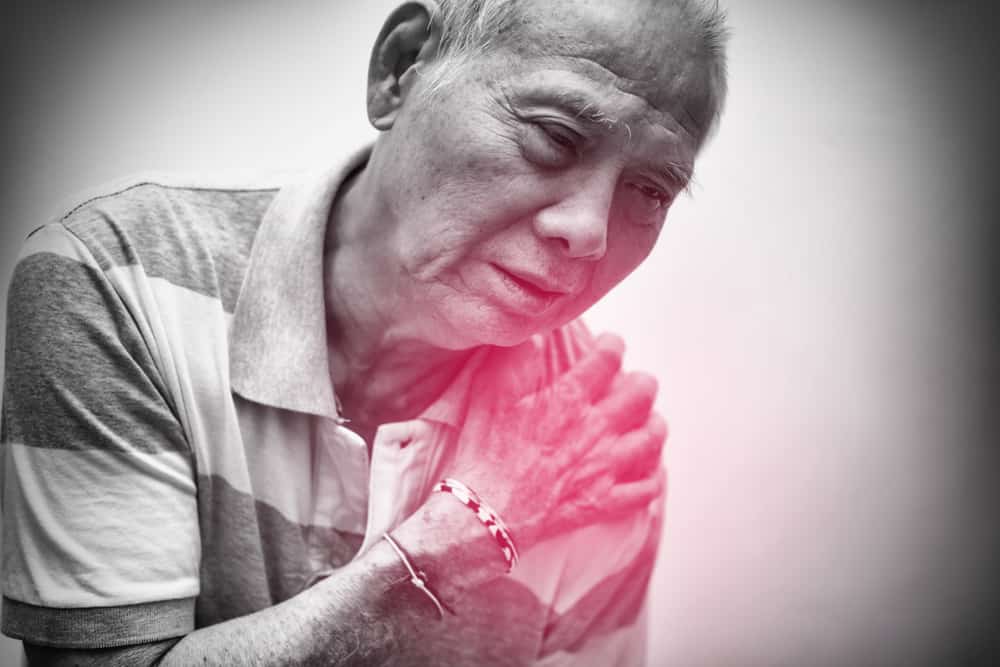Acromioclavicular joint arthritis and instability

Acromioclavicular – or AC arthritis – is chronic inflammation of the acromioclavicular (AC) joint, one of the four joints that work together in the complex system that makes up the shoulder. Like most cases of arthritis, AC arthritis happens when the cartilage protecting certain bones within the joint wears thin. Geraldton orthopaedic surgeon Lorcan McGonagle, of LMcG Orthopaedics, outlines the symptoms and treatment.
What is the acromioclavicular (AC) joint?
The acromioclavicular joint, or AC joint, is a joint at the top of the shoulder. It is the junction between the acromion (the part of the scapula that forms the highest point of the shoulder) and the clavicle.
Are acromioclavicular (AC) joint arthritis and shoulder arthritis the same?
Recognising acromioclavicular arthritis as a unique condition is important when it comes to treatment. Though shoulder arthritis occurs in the same region, the conditions are not the same. The implications for treatment and recovery also vary. With shoulder arthritis – or glenohumeral arthritis – the humerus ball and its cartilage cover wear away at the socket of the shoulder joint. With acromioclavicular arthritis, a finger-like projection of the scapula is called the acromion, which meets with the lateral end of the clavicle to form the acromioclavicular/AC joint. Loss of cartilage between these bones is what causes acromioclavicular arthritis.
What are the symptoms of acromioclavicular (AC) joint arthritis?
Patients with AC arthritis usually experience pain when moving their shoulder. Some patients also experience neck and arm pain. Specific movements tend to exacerbate the symptoms.
What are the causes of acromioclavicular (AC) joint arthritis?
Research suggests many people develop acromioclavicular osteoarthritis as they age. Most people who develop AC joint arthritis have one or more risk factors. These include:
- Joint trauma
Serious injury or surgery can cause damage to the acromioclavicular (AC) joint.
- Joint stress and chronic injury
People who spend a lot of time lifting objects overhead can experience “mini traumas” in their shoulder joints and are more likely to develop acromioclavicular arthritis. People who have spent years weightlifting or participating in high-impact sports also can be prone to acromioclavicular osteoarthritis.
- Congenital defect or illness
Poor bone alignment can increase the risk of shoulder separation. - Advanced age
Cartilage weakens with age, which is why osteoarthritis in all joints is more common in seniors.
- Inflammatory conditions
Autoimmune diseases, such as rheumatoid and psoriatic arthritis, can attack the AC joint.
- Family history
The risk of developing painful osteoarthritis is influenced by genetics, however it is not known exactly how much genetics influences the development of AC joint arthritis.
What are the treatments for acromioclavicular (AC) joint arthritis?
Treatment depends on the severity of symptoms and the presence of other shoulder problems including impingement syndrome, glenohumeral arthritis, and muscular injury such as a rotator cuff tear. For those with mild to moderate conditions, treatments may include anti-inflammatory medications and physical therapy.
If the symptoms do not respond to conservative treatment, or if the pain is severe, surgery may be necessary. An arthroscopic procedure can remove the end of the clavicle (collarbone) and allow the AC joint to fill with scar tissue.
Acromioclavicular joint arthritis and instability: LMcG Orthopaedics
Acromioclavicular joint arthritis and instability can be debilitating. At LMcG Orthopaedics, Doctor Lorcan McGonagle provides a range of orthopaedic surgeries and treatments. Dr McGonagle’s specialties include knees, shoulder, elbow, wrist and hand, hip, foot and ankle.
If you have a question for Dr McGonagle and his Geraldton team, please get in touch with the clinic today on 08 9921 4847. LMcG Orthopaedics is located in Suite 6, St John of God Specialist Centre, 12 Hermitage Street, Geraldton.
Reference
AC Joint Arthritis Symptoms and Treatment (verywellhealth.com)Acromioclavicular Osteoarthritis Causes (arthritis-health.com)
